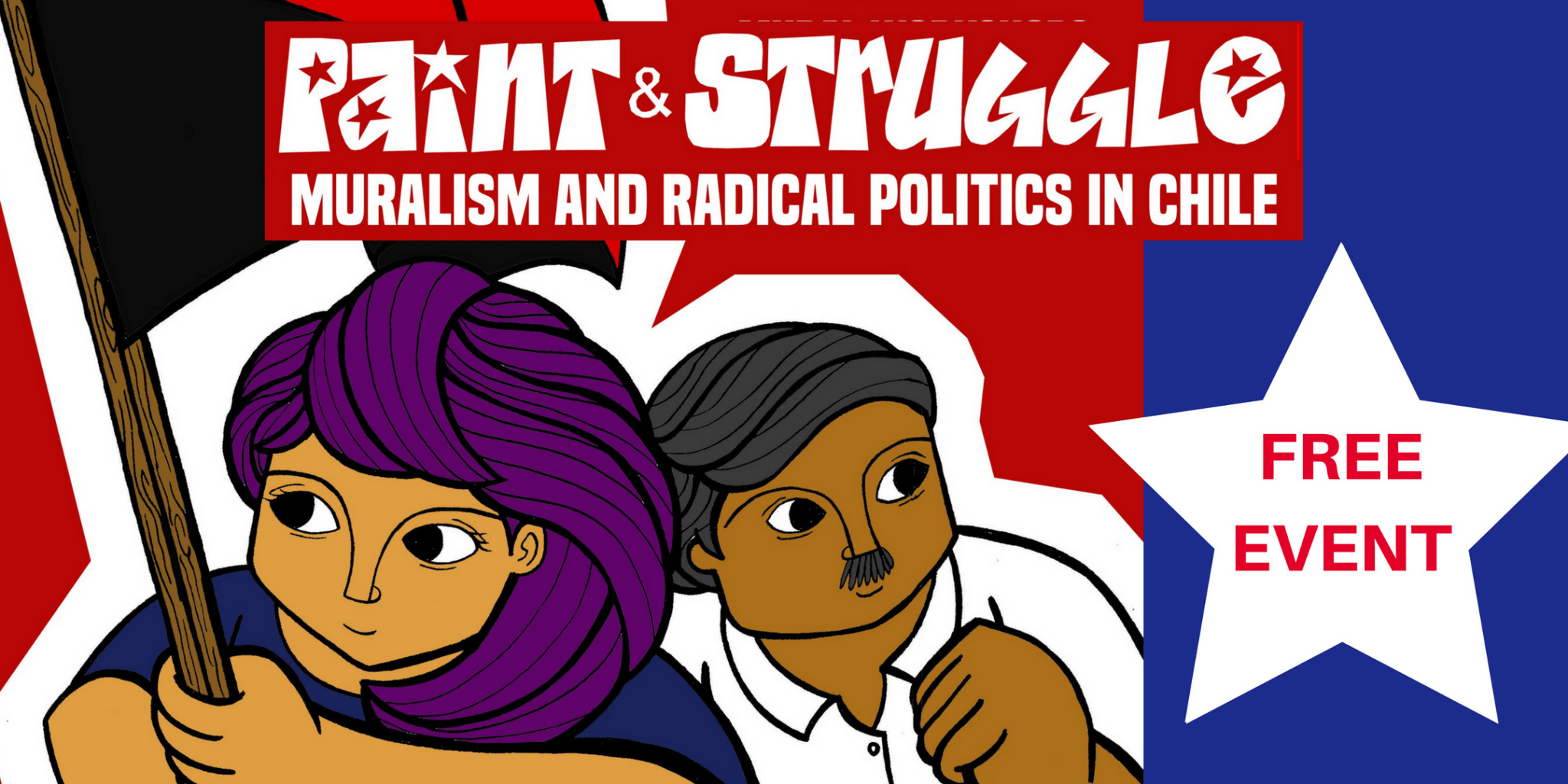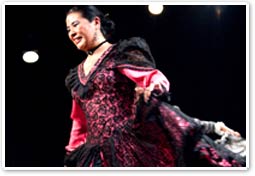Paint and Struggle: Mural Arts in Post-dictatorial Chile
La Peña Cultural Center 3105 Shattuck Ave. , Berkeley, CA, United StatesThis event is FREE with donations of any size welcome! Doors open at 7pm, Event starts at 7:30pm. Join activist/muralist Camilo Diaz, representing UMLEM, and Documentary filmmaker Kelly Bauer at La Peña for a speaking tour about their experiences in actvism and art in post-dictatorship Chile. The goal of this tour is to share experiences […]


